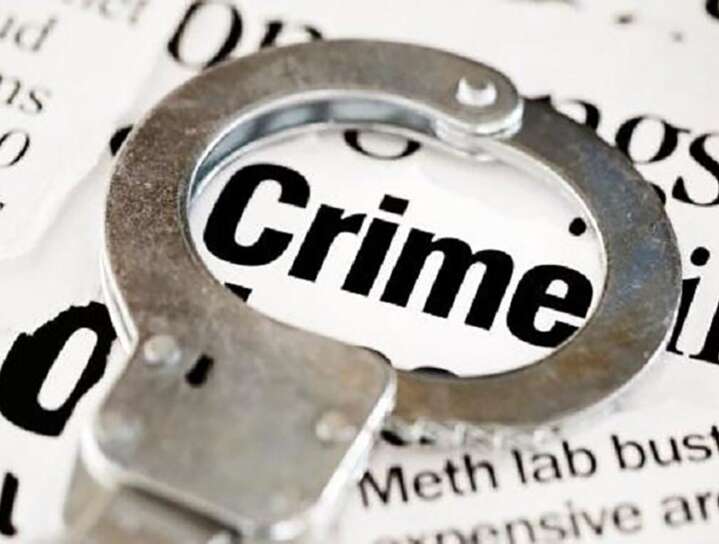CASTRIES, St. Lucia, Jun 30 2015 – Chief prosecutors from Commonwealth countries in the Caribbean region will gather for the first time to discuss recurrent issues that interfere with the prosecution of corruption and money laundering and the recovery of the proceeds of these crimes.
Organised by the Commonwealth Secretariat in collaboration with the Caribbean Financial Action Task Force (CFATF), the three-day regional forum will take place in St Lucia from 30 June to 2 July 2015. Directors of public prosecutions and heads of prosecutions of anti-corruption agencies from the Caribbean will have the opportunity to exchange ideas and explore best practice options in their respective jurisdictions.
The forum will review strategies to prevent executive interference in the prosecution of corruption-related crimes. Practitioners will consider the interface between corruption and money laundering and the understanding that money laundering could be prosecuted with or without a predicate offence disclosed.
Describing the meeting as a “milestone” in ongoing efforts to combat corruption, Legal Adviser at the Commonwealth Secretariat, Shadrach Haruna welcomed the regional collaboration.
He said: “Combating corruption is a shared goal for all of our member countries. This meeting represents an important step in finding new and innovative ways for member countries to join forces and find more effective tools to stamp out such crimes.”
Mr Haruna added: “Corruption undermines public confidence and stands in the way of social and economic growth. Heads of Governments and Law Ministers have repeatedly noted that both corruption and money laundering continue to pose serious threats to governance and financial integrity.
“As corruption-related crimes become more sophisticated technologically and transnational, the Commonwealth will continue to draw on its shared wealth and diversity of expertise to protect its citizens against criminal activities which hinder their right to a more prosperous future.”
While feedback from member countries shows that criminal justice institutions and practitioners have awareness and experience in dealing with corruption-related crimes, enforcement and prosecutions are sometimes mired by political interference or consideration. The consequential crime of money laundering and issue of recovery of its proceeds, particularly from abroad, remain intractable and less understood.
Participants will review the process of securing, recovery and management of proceeds of corruption from the point of investigations through prosecutions to conviction. They will also explore best practice options in transnational elements of prosecutions and recovery of proceeds of crimes. This will include finding the best approach for ease of co-operation and how to ensure admissibility of evidence recovered from abroad.
Representatives of the following member countries will attend the meeting: The Bahamas, Barbados, Belize, Dominica, Grenada, Guyana, Jamaica, Saint Lucia, St Kitts and Nevis and Trinidad and Tobago. In addition, representatives of Caribbean institutions such as the Caribbean Financial Action Task Force, CARICOM Implementation Agency for Crime and Security and the United Nations Office on Drugs and Crime will also contribute to the meeting.



